The world's most expensive places to buy water
Updated: 2016-03-22 09:31
(Agencies)
|
||||||||
LONDON - Papua New Guinea is the most difficult and expensive place in the world to access clean water, forcing the poor to spend more than half their income on this essential resource, a charity said on Tuesday.
Some 650 million people do not have access to clean water, and often have to make do with much less than the 50 litres per person per day the World Health Organization says is necessary for domestic use and to maintain health and hygiene, Water Aid said.
Lack of access to an affordable, convenient source of clean water is one of the biggest barriers to escaping a life of poverty and disease, the charity said in its report "State of the World's Water 2016".
An estimated three out of four jobs globally are dependent on water, meaning that shortages and lack of access are likely to limit economic growth in the coming decades, according to a United Nations report, also released on Tuesday.
Below are some facts about the cost of water and access to it.
* In Papua New Guinea's capital Port Moresby, it costs a poor person 54 percent of a day's earnings to buy the recommended minimum 50 litres of water from a delivery service.
* In Madagascar's capital Antananarivo, the cost of buying 50 litres of water from a truck is 45 percent of a person's daily pay, while in Ghana's capital Accra it is 25 percent.
* A British person earning the minimum wage spends 0.1 percent of a day's pay on 50 litres of water from an official piped supply. Average use is about 150 litres per person, per day.
* In Mozambique, families relying on black-market vendors will spend up to 100 times as much on water as those reached by government-subsidised tapstands.
* Papua New Guinea, Equatorial Guinea and Angola have the lowest percentage of households with access to clean water in the world.
* In 16 countries, some 40 percent or more of the population do not have access to clean water.
* Cambodia, Mali, Laos and Ethiopia have made the greatest improvement in increasing access to water.
* Despite much progress, inequalities persist even in nations that have made great strides, the poorest often paying the highest percentage of their income on water.
Sources: Water Aid, United Nations
Thomson Reuters Foundation contributed to this story
- Playa Maya Water Park wins amusement industry award
- Vietnamese expert hails China's water discharge in Mekong River cooperative move
- China sugarcane region increases efficient water use
- 5,000-year-old water project discovered in E China
- China releases water from dam to alleviate SE Asia drought
- Protection efforts lead to reductions in air and water pollution
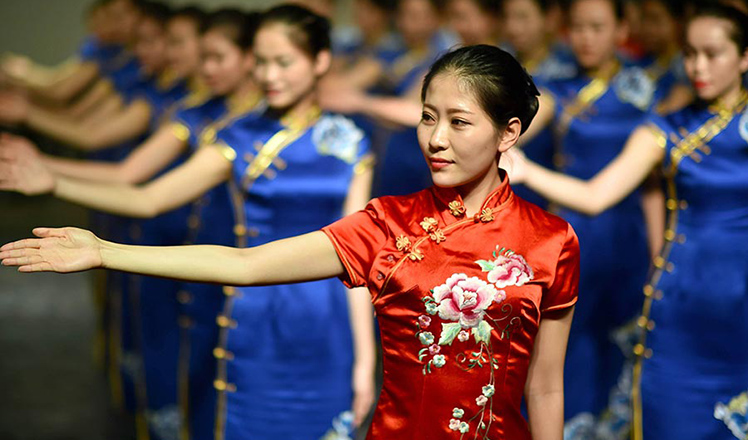
 Practice makes perfect: Preparing for Boao forum
Practice makes perfect: Preparing for Boao forum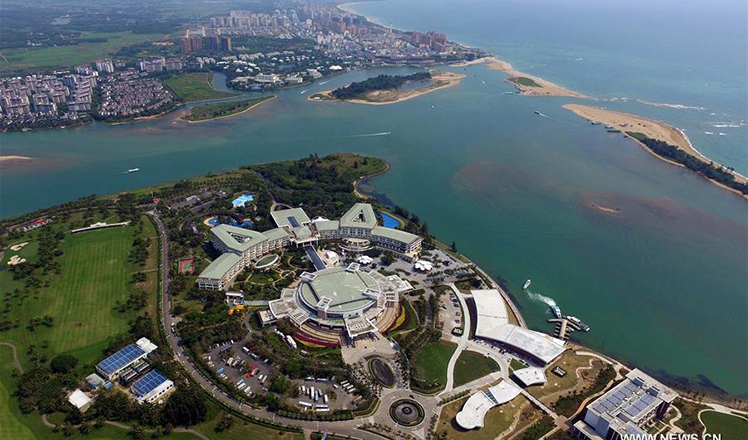
 A look of Boao Forum for Asia International Conference Center
A look of Boao Forum for Asia International Conference Center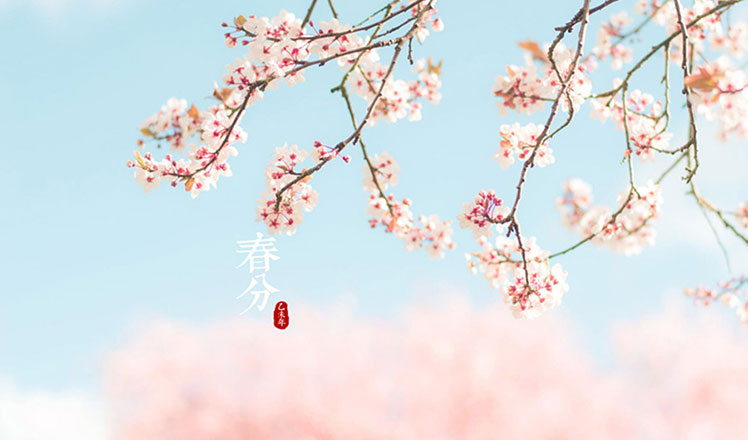
 Culture Insider: 5 things you may not know about the Spring Equinox
Culture Insider: 5 things you may not know about the Spring Equinox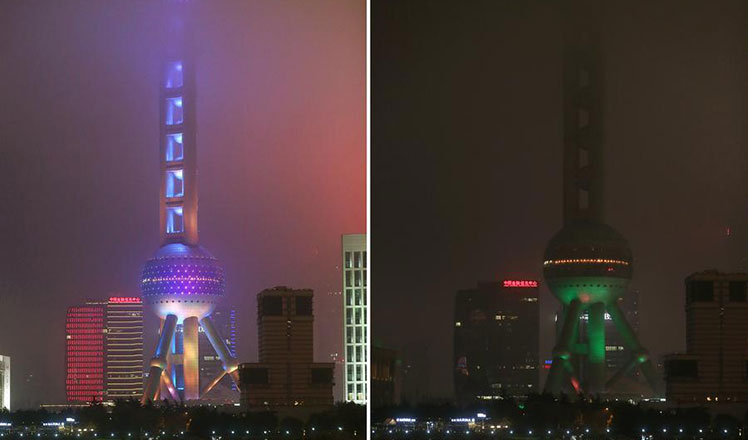
 Landmarks go dark in China for Earth Hour
Landmarks go dark in China for Earth Hour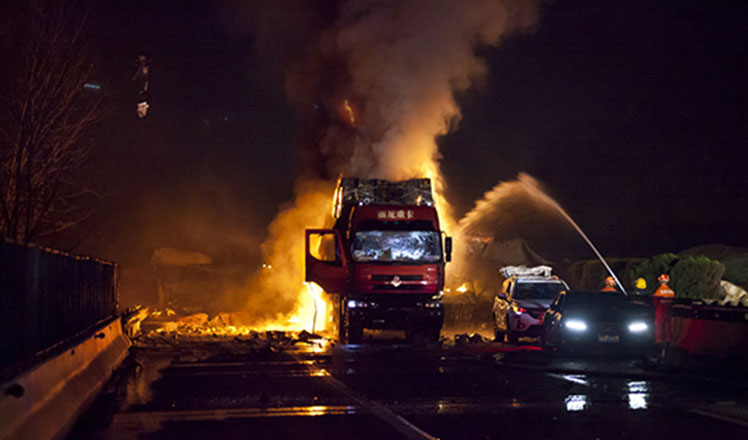
 At least five dead in tanker truck explosion in central China
At least five dead in tanker truck explosion in central China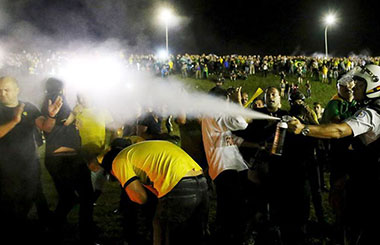
 Brazil's Lula sworn in over protests as Rousseff faces impeachment
Brazil's Lula sworn in over protests as Rousseff faces impeachment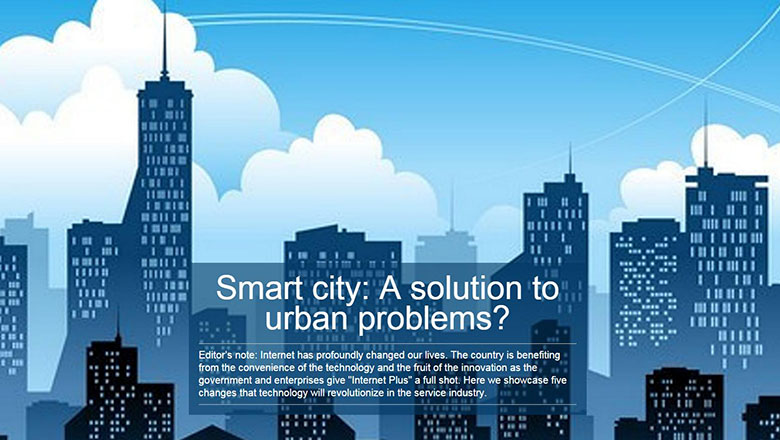
 Smart city: A solution to urban problems?
Smart city: A solution to urban problems?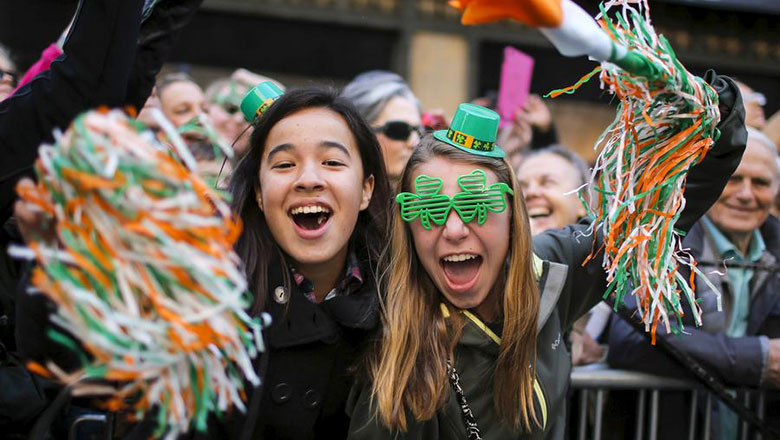
 St. Patrick's Day celebrated around world
St. Patrick's Day celebrated around world
Most Viewed
Editor's Picks

|

|

|

|

|

|
Today's Top News
Marriott unlikely to top Anbang offer for Starwood: Observers
Chinese biopharma debuts on Nasdaq
What ends Jeb Bush's White House hopes
Investigation for Nicolas's campaign
Will US-ASEAN meeting be good for region?
Accentuate the positive in Sino-US relations
Dangerous games on peninsula will have no winner
National Art Museum showing 400 puppets in new exhibition
US Weekly

|

|







